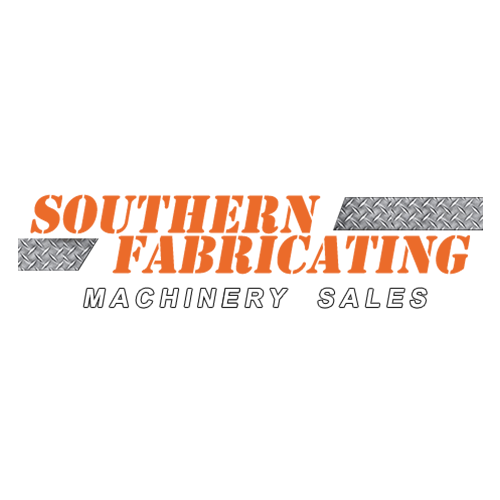
Posted By: Southern Fabricating Machinery Sales | Posted On: April 24, 2020
How to choose the Best Sheet Metal Folding Machine
Sheet metal folding is just one of the processes that takes place during the metal fabrication process for thinner gage materials (See: What is Metal Fabricating). In earlier days, most of the bending and folding of sheet metal was done using simple tools that required only manual support. However, due to advancement in technology as well as thicker and harder metals, today you’ll find a plethora of cutting-edge sheet metal fabrication tools, some of which are automatic and require very little human input.
For any workshop that deals with sheet metals,, a folding machine is an indispensable tool. However, considering the broad categories and types of sheet metal fabrication tools in the market, sometimes it can be challenging to know the kind of machine to choose for a given project (Also see: Folders or Press Brakes? How to Choose). This article will provide an insightful guide on how to select the best metal bender, but before that, let’s understand what metal folding entails.
What is a Sheet Metal Folding?
Sheet metal folding is a stage in metal fabrication that involves folding, bending and pressing sheet metal into the desired geometry. It is the process that is used in the creation of products such as boxes, panels, gutters, enclosures, and much more. A metal folding machine is used to fold the metal into an intended shape accurately. This process is typically carried out using manually operated press brake or folding machines. But, changes in technology have led to the introduction of more advanced pieces of equipment that allow for automation through computer-aided programs and CAD (Computer Aided Designs).
Types of Sheet Metal Folders
Generally, sheet metal benders fall into two categories: Box Forming machines and Pan Brakes.
- Box Forming: Box forming machinery has a set of tooling which allows the operator to select a set length of that tooling in order to reach down into a “box” frame (part with formed side flanges). By mixing and matching the appropriate tools the upper beams can be configured in such a way to allos for the best clamoning and foirng needs.
- Pan Brake: A pan brake sometimes called a “leaf brake” is a simple folding system that bends the whole length of material. Used for roof flashing, gutters and similar long, formed parts without side flanges.
However, they are further categorized based on how they are operated.
Manual Folding Sheet Metal Machines
These are the smallest metal folders and are very popular since they are easy to transport. They are ideal for thin sheets of metals (18 Gauge and thinner) based on the material used. They are setup and operated manually and often can be transported right to the job site.
Hydraulic Metal Folders
Some machines in this category are operated manually, but the presence of the hydraulics provides them with the extra power to bend thicker materials. They are often found in fabrication shops, and they can fold materials of up to ¼ inches in thickness and beyond (although 1/4” (6MM) is about the theoretical limit).
Computer Controlled Sheet Folding Machines
CNC sheet metal folding is a newer technology where folding is automatically done with the help of a computer program. This kind of metal folding delivers excellent accuracy, efficiency and precision as well as adding in complex bending routines. They can achieve multiple bends and fold metal in unique angles.
Choosing The Right Metal Folding Machine
Selecting the right folding machine boils down to the unique requirements of different fabrication shops. For those who are manufacturing items using thin materials that are long, wide, and with short flanges, folding machines are the best fit. This is because they allow the material to rest on the folder bed for easier handling. Folding machines also are inherently more accurate as they “fold” any sheet dimensional errors into the first bend providing more accuracy in overall part sizes.
On the other hand, press brake machines can be more versatile with both ‘up’ and ‘down’ bends as well as parts with side flanges. They are ideal for bending items of any thickness and material. They also come at a lower initial cost.
When it comes to operation, the type will depend on the size and thickness of the material being worked on. It also depends on whether you are producing in bulk or not, or whether you have the skills required to operate the metal folders. Manual folders are ideal for small shops that deal with simple tasks. For mass production, hydraulic and CNC are the best options.
At Southern Fabricating Machinery Sales, Inc we are metal bending and folding experts and can help you select the right type of machine for your application and budget. We have great resources at our disposal like the Folding Machine Inspection Checklist linked below available to you. Visit us at www.southernfabsales.com or call us at 1-813-444-4555 to discuss your metal folding needs now.






